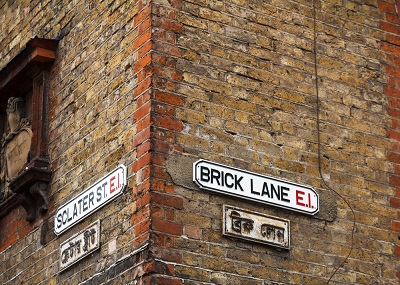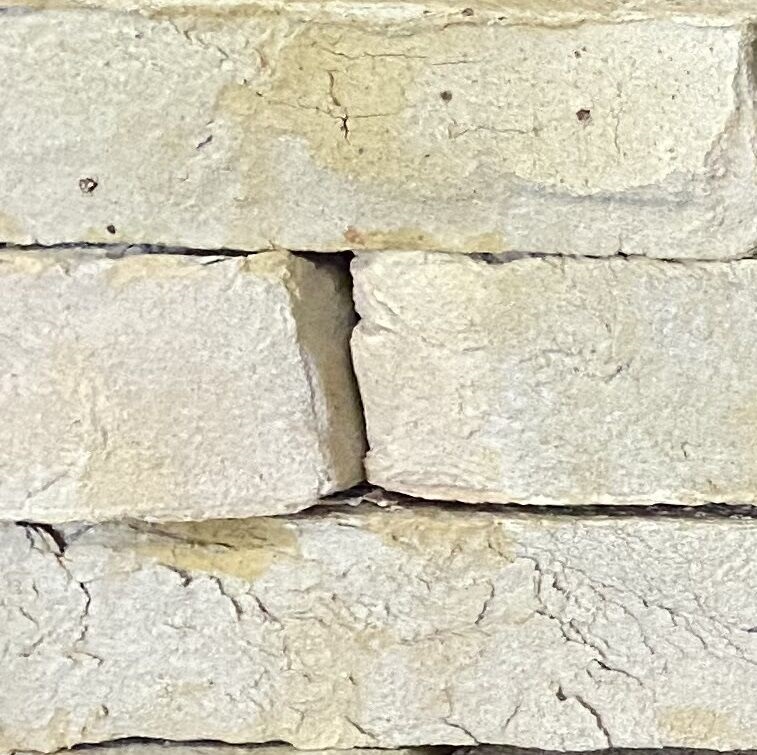We are currently seeing
the best and the worst of the BBC. The best has been the corporation’s
brilliant and courageous coverage of the invasion of Ukraine, led by Clive Myrie
and Lyse Douset. The worst has been the wasteful and totally unnecessary
over-expenditure on the new set of EastEnders, which is proving a gift to those
who want to abolish the licence fee.

The astonishing cost of
rebuilding Albert Square, estimated at an eye-watering £87million, has rightly been
criticised by MPs and the National Audit Office. It is four years overdue and
£27 million over budget, yet it is unlikely that anyone will notice the
difference. In trying to explain why the new-look Albert Square cost so much,
producers revealed that they had to ship specially-made bricks in from India.
This staggering
revelation came from Steve Groves, the set’s chief designer, who told the Radio
Times that the fictional Walford “is built of London Stock bricks, which in the
19th century were produced by lots of clay pits around the country. They aren’t
made in this country anymore.”
That is complete
nonsense, of course. But the story gets worse. After spending £44,000 on sample
bricks from Brussels, the BBC concluded that those bricks used inferior
materials. Instead, they ordered the bricks from India, then paid a team of
“scenic agers” to make them look convincingly late 19th-century. The ageing
process took more than a year.
The BBC’s conduct in this
sorry saga has been wrong on so many levels. To start with, we at York Handmade
are now manufacturing London Stock bricks. We could have supplied EastEnders
with the bricks they needed at a fraction of the cost of those imported from
India. That is galling enough, but what is really upsetting is the conditions under
which those bricks from India are made. They are akin to modern slavery which,
ironically, is an issue that the BBC – quite rightly – campaigns against.

Let’s be clear. There is
a large defined area across India, Pakistan, Nepal and Bangladesh as well as
Sub-Saharan Africa and the Far East, where bricks are manufactured seasonally,
in large numbers, and more often than not using bonded or child labour. Those poor
individuals making these bricks work under extreme conditions with little or no
regard to health and safety, awful sanitation, often with little or no pay.
This is totally unacceptable in today’s business world.
Keith Aldis, the chief
executive of the Brick Development Association, the influential brick
manufacturing industry’s trade association, commented: “It is up to everyone to
check the provenance of the bricks they buy, supply or use but this can prove
complicated, with some manufacturers and re-sellers sometimes deliberately
hiding the source of their clay bricks or evading simple questions as to the
provenance and production methods used in the manufacture of the clay bricks
they sell. Some suppliers are simply re-branding poor quality bricks with heart-warming
British-sounding names, in order to associate themselves with the good reputation
of UK clay brick and the potentially lucrative UK clay brick market. The cost
of transporting these bricks, often halfway around the world, is offset by the
use of cheap and often unpaid bonded labour. And of course, transporting bricks
halfway around the world also has a significant negative impact on use of
carbon which is ultimately affecting climate change.”
At York Handmade, we are very
proud to have been honoured for our high ethical standards - as the brick
industry fights back against the widespread use of child labour and slavery in
South East Asia. We have been awarded the Brickmakers Quality Charter to
underline our moral standards and green credentials. The award comes from the
Brick Development Association, the trade association for the UK’s brick
industry. This accolade means a great deal to us. We take huge pride, both in
our environmentally friendly brick-making process and in the way we treat our
loyal and hard-working staff. Sadly this approach is not shared by some of our
competitors.
Anyway, back to the BBC. Had those working on
the new set of EastEnders done even the most basic research, they would have
realised that they could have sourced the bricks they needed from within the UK
– thereby saving money, alleviating modern slavery, reducing the project’s
carbon footprint and avoiding a hugely embarrassing appearance in front of an
all-party committee of MPs. Quite needlessly, they have given those anti-BBC
campaigners a stick with which to beat the corporation. What a mess.